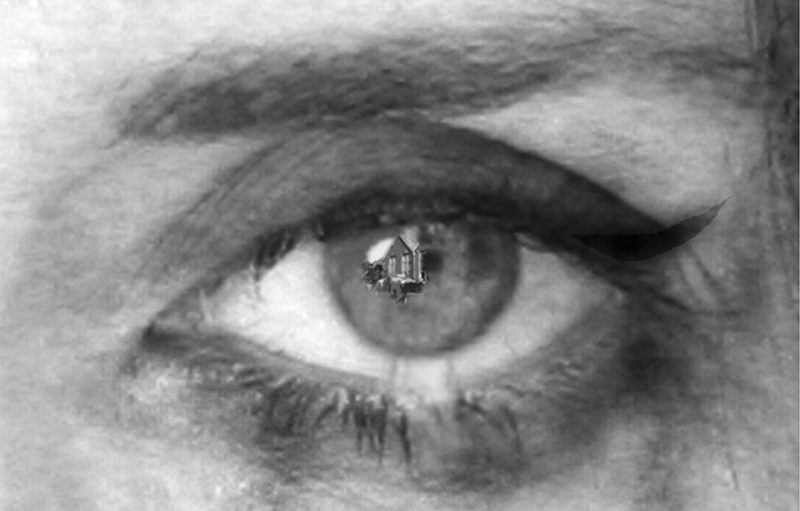
After a sell-out tour of Wales in 2016 and a sell out show at The Edinburgh Festival earlier this year, Neil Anthony Docking's play, The Revlon Girl, has arrived at London's Park Theatre.
The piece, directed by Maxine Evans, is set 8 months after the Aberfan Disaster of 1966 and tells the real life story of a group of bereaved mothers who met every week to talk, cry and even laugh without feeling guilty.
The show's been described as a 'brilliant piece of theatre' (The Wee Review) and 'one of the best pieces of new writing in London at the moment' (There Ought To Be Clowns).
The action begins on a rainy Tuesday night in a room above a hotel in Aberfan, a South Wales village left devastated by a mining tragedy that hit headlines UK wide...
The Aberfan Disaster
On Friday 21st October 1966, 116 children and 28 adults lost their lives as they were crushed or drowned in coal slurry in the small Welsh mining community, an incident which would devastate the village for a whole generation.
For years, millions of cubic metres of excavated mining debris and waste material from the Merthyr Vale Colliery had been piled high on the side of Mynydd Merthyr, situated above the village of Aberfan, despite there being numerous underground springs below.
At 9.15am on that tragic Friday morning, 20ft of material from Tip Number Seven became dislodged and came thundering down the hillside.
More than 150,000 tonnes of thick black coal, shale and water engulfed the village, wiping out most of the pupils at Pantglas Junior School, who had just arrived for morning classes.
The incident was a national tragedy, and prompted visits from both the Queen and the Prime Minister, along with donations being sent from around the world.

The Aberfan Cemetery - photo by Stephen McKay
A year before the tragedy unfolded, two mothers had presented a petition to the school's headmistress about flooding, which had passed on to the local council. In 1964, local councillor Gwyneth Williams had said that if tip were to move suddenly it could threaten the whole school. Despite this, the warnings were ignored - and the fight for justice afterwards left many in the village feeling even more angry.
After an in-depth tribunal, which stated a "bungling ineptitude" by the Coal Board, nobody was ever punished for the disaster.
A row erupted in the aftermath over the cost of removing Tip Number Seven, resulting in villagers being left with little choice but to pay out from a disaster fund.
The money was eventually repaid in 1997, and 10 years on the Welsh government went one step further by donating £1.5 million to the Aberfan Memorial Charity.
Set 8 months after the disaster, The Revlon Girl, tells of how the bereaved mothers, afraid that people would think them frivolous, secretly arranged for a representative from Revlon to come and give them a talk on beauty tips.
This 'tale of rage, of compassion, of sorrow and of laughter' (The Upcoming) is running right now at the Park Theatre, London, with tickets available HERE.
Keep up to date with your favourite artists, priority bookings and exclusive offers from See Tickets:
Comments are closed.